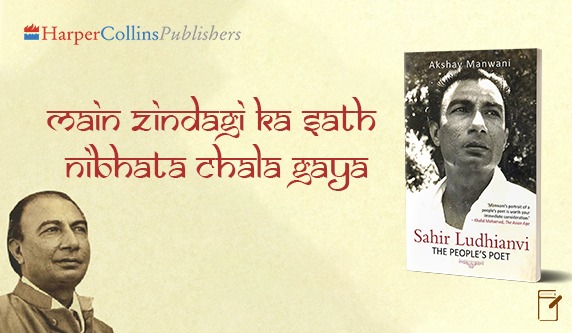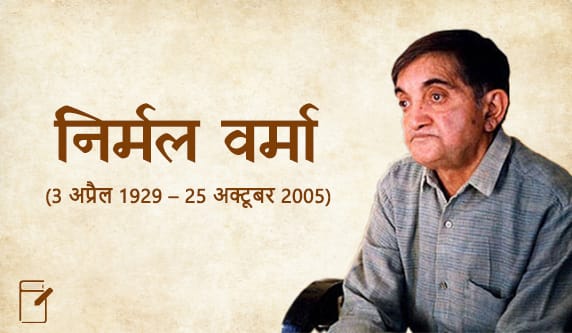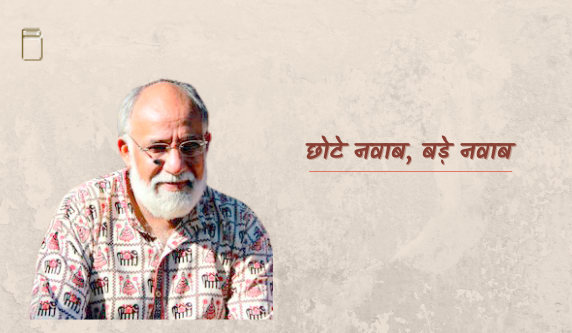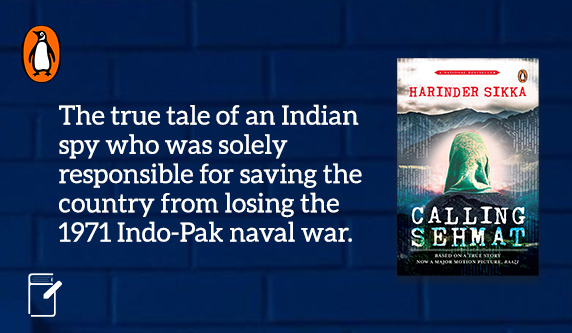One of the greatest lyricists of Hindi Cinema, Sahir Ludhianvi gave words to the unattended emotions of an entire generation of Indians.
Akshay Manwani, an NBA commentator, and a freelance writer has documented Sahir’s life in his book Sahir Ludhianvi: The People’s Poet. The exhaustive biography traces the poet’s life chronologically, from his turbulent childhood and subsequent relationships to his rise as one of the prominent lyricists of India Cinema.
Sahir Ludhianvi: The People’s Poet begins with his birth—on March 8, 1921—in the town of Ludhiana, Punjab. Born to a wealthy feudal Punjabi landlord named, Chaudhri Fazl Mohammad and his eleventh wife, a Kashmiri, Sardar Begum, the baby was christened as Abdul Hayee. Young Abdul’s childhood was marred by unfathomable angst and heavy rejections. He couldn’t cope with the fact that his father was a debauch of an extreme level. His mother Sardar Begum, supposedly within six months of Abdul Hayee’s birth, left her husband and moved to her brother’s, where she brought up Abdul.
Tadbeer Se Bigdi Hui Taqdeer Bana Le
An idealist, Abdul found solace in the company of communist principles and was deeply moved by the struggle of the people at the lower rung of the society. In his father, he saw what was everything wrong with people who lusted after power and money in abundance. Akshay Manwani meticulously chronicles his transition from being an angsty recluse who moved to Lahore after partition for a brief period of time and then back to Delhi to a confident songwriter who finally settled in Bombay.
With Baazi (1951) and Tadbeer se bigdi hui taqdeer banaa le, Sahir found his creative partnership in SD Burman that reached its crescendo with Hindi Cinema’s saint Guru Dutt‘s magnum opus, Pyaasa, to the lyrics of which Manwani devotes an entire chapter: Pyaasa: The Lyrical Platinum Standard.
Portrait of an Artist on Fire
Just like the elemental calling of fire changed human evolution for good, Sahir’s life catalyzed a great many young men. Not just with his words but also with his sure-footed approach to work.
For him, the value of work translated into both the tangible and intangible. He made sure that his work was valued on par with musicians who held a higher position in the competence hierarchy of Hindi Cinema back then.
The book maps the trail of Sahir’s progress as a lyricist. How were his relationships with his contemporary artists, music directors, producers, directors present a human picture of an artist makes for an interesting read for it presents the portrait of an artist on fire.
Muhabbat ka hi ghum tanha nahi hum kya karen!?
But how can Sahir’s story be complete without the mention of his forays into love?
There are chapters about the two most famous loves of his life, the writer and poetess par excellence Amrita Pritam and the singer Sudha Malhotra.
Upon asked What do you think was the reason for his abortive love affairs? in an interview given to The Week, Manwani says:
“One can only speculate the reason he never married. He believed that there are many other things in this world other than love, which he has mentioned in some of his songs as well. In a song from the film Didi, pictured on Sunil Dutt and Shubha Khote, the female character complains of the neglect from the male to which he replies:
Zindagi sirf mohabbat nahi kuch aur bhi hai
Zulf rukhsar ki jannat nahi kuch aur bhi hai
Bhuk aur pyas ki maari is duniya me
Ishq hi ek haqiqat nahi kuch aur bhi hai
Tum agar ankh churao to ye haq hai tumko
Maine tumse hi nai sabse mohabbat ki hai
Sahir Ludhianvi
This is an example of Sahir confirming himself to the humanitarian problems. Maybe because he thought if his love comes in the way of his writing, he will not be able to keep the two intact. He also shared a special bond with his mother. The reason he never married could be that he never wanted to give the place reserved for his mother to somebody else.”
A Complete Picture
Rarely does one comes across a modern-day biographer who takes the pains of presenting a picture so thoroughly and meticulously researched. In this book, Akshay Manwani produces interviews—with people as varied as Dev Anand and Javed Akhtar, Khayyam, Ravi, and Yash Chopra among the better-known names—to bring Sahir to come to life, with all the facets of his much-fabled personality. Manwani quotes his sources verbatim, which makes for even better and more authentic reading.
Sahir Ludhianvi is probably the only songwriter in Hindi films whose poetry was accepted in its purest form and incorporated as a film song. So great was his stature as an Urdu poet that he never had to mold his poetry to suit the demands of film songwriting; instead, producers and composers adapted their requirements to his poetry. His songs in films like Pyaasa, Naya Daur, and Phir Subah Hogi have attained the status of classics.
This exhaustive biography traces the poet’s rich life, from his troubled childhood and his equally troubled love relationships to his rise as one of the pre-eminent personalities of the Progressive Writers Movement and his journey as a lyricist through the golden era of Hindi film music, the 1950s and 1960s.





No Comments